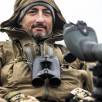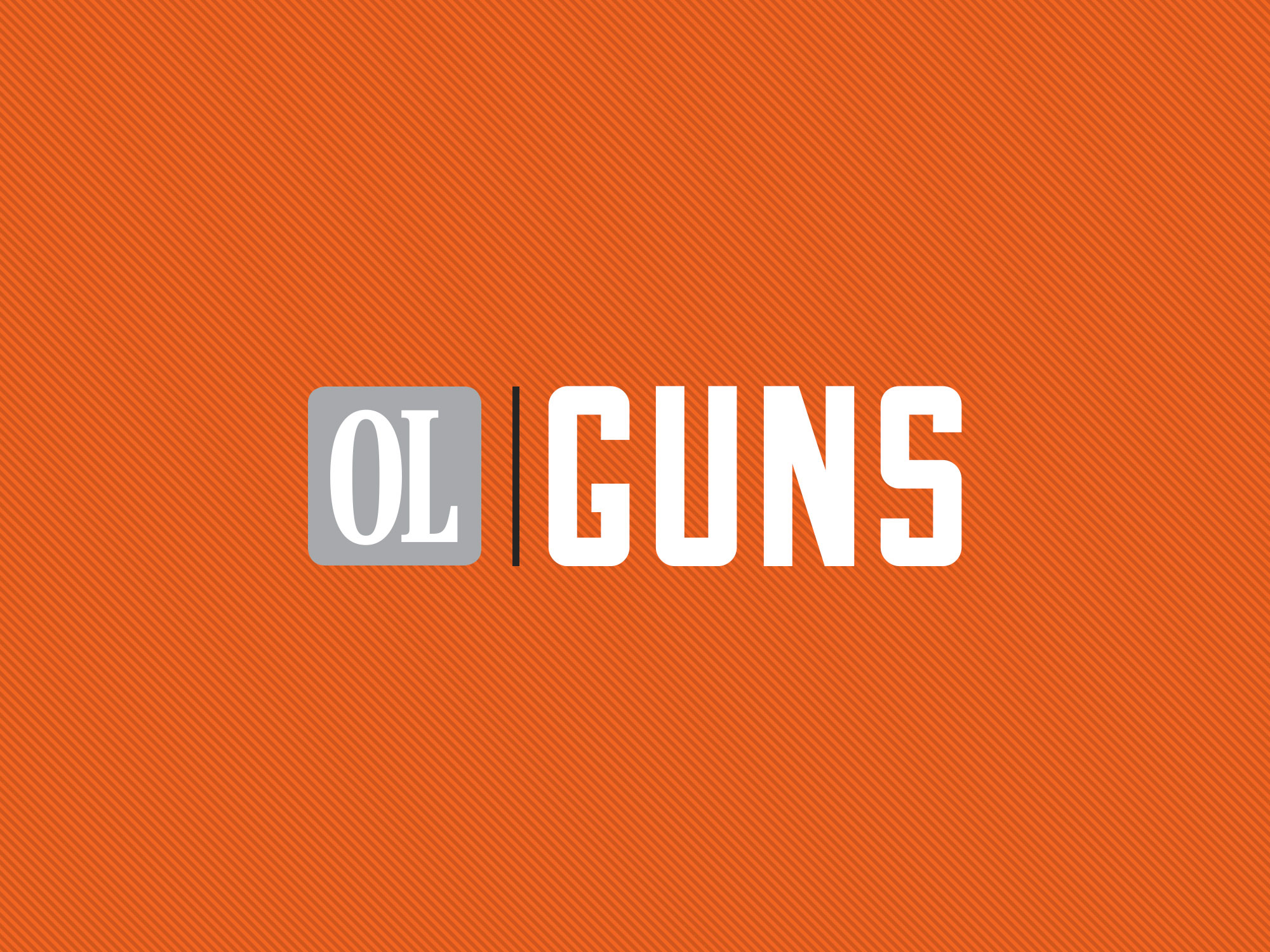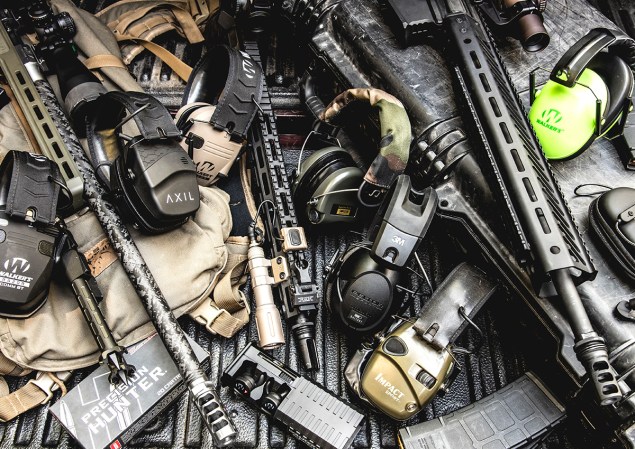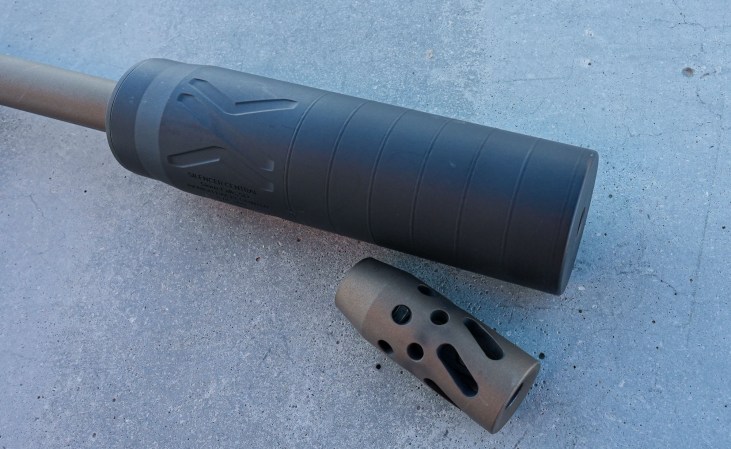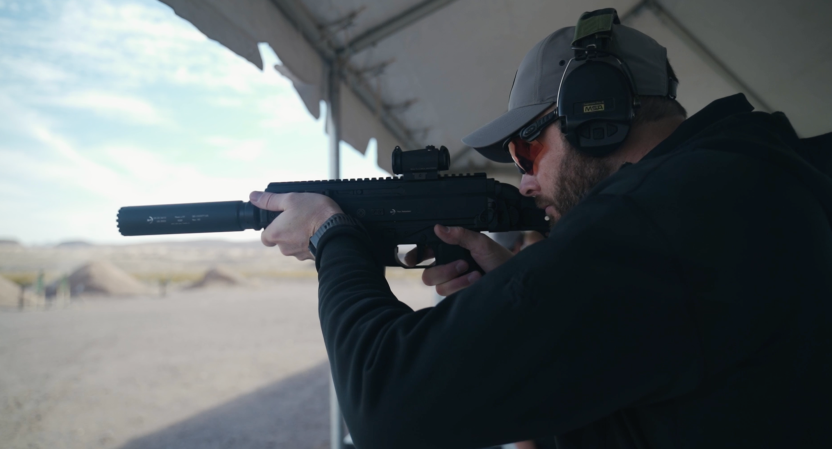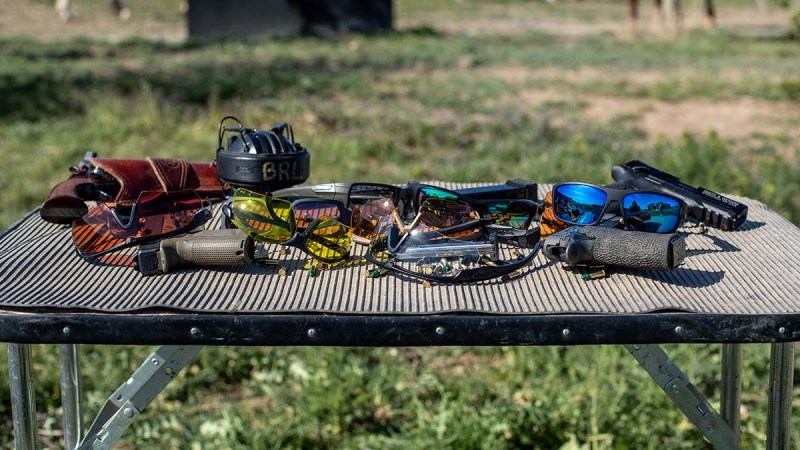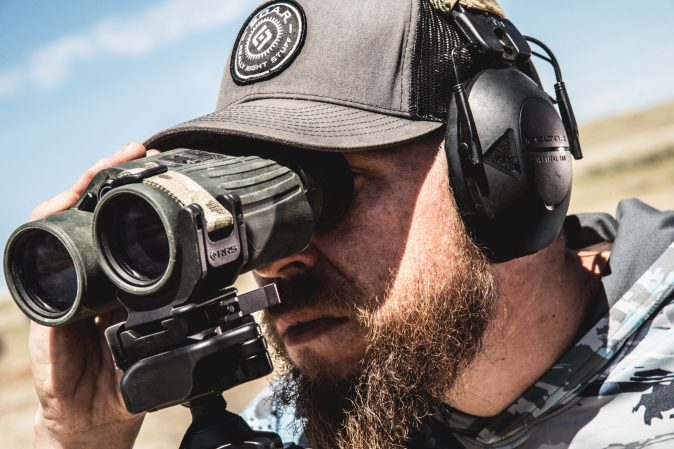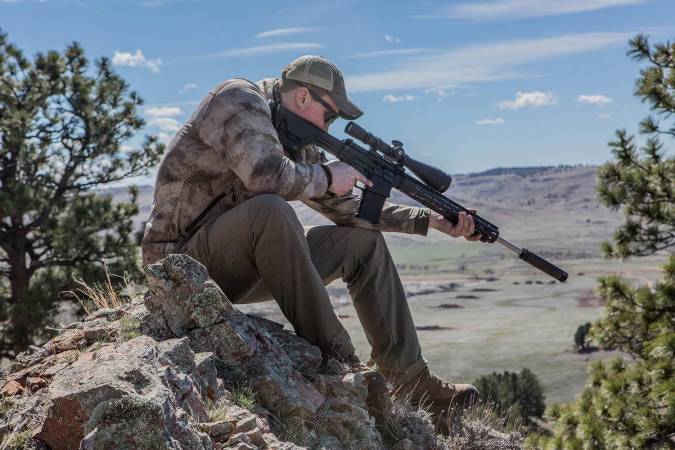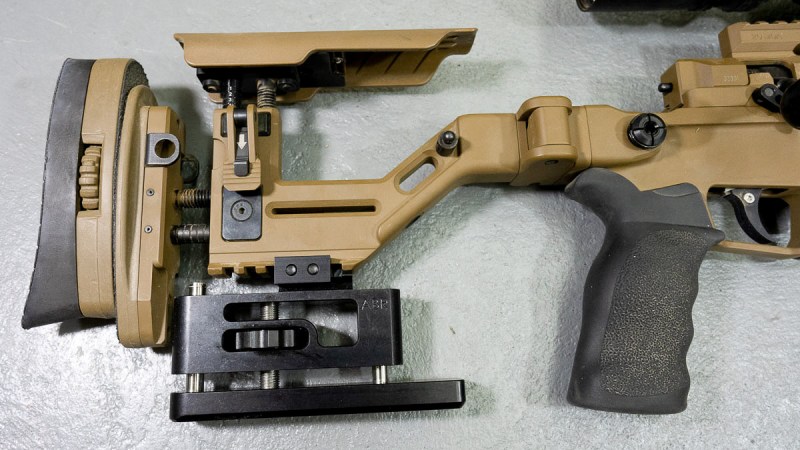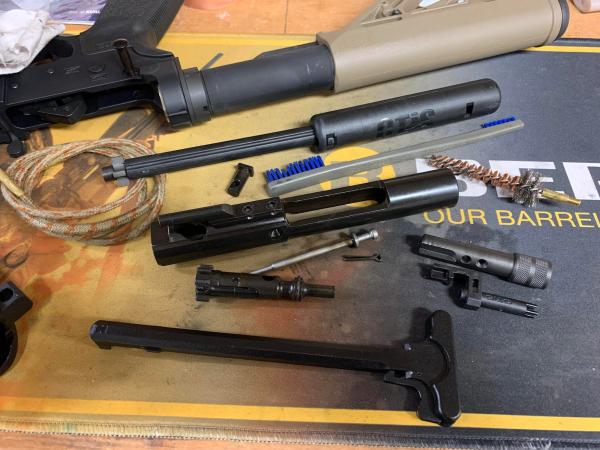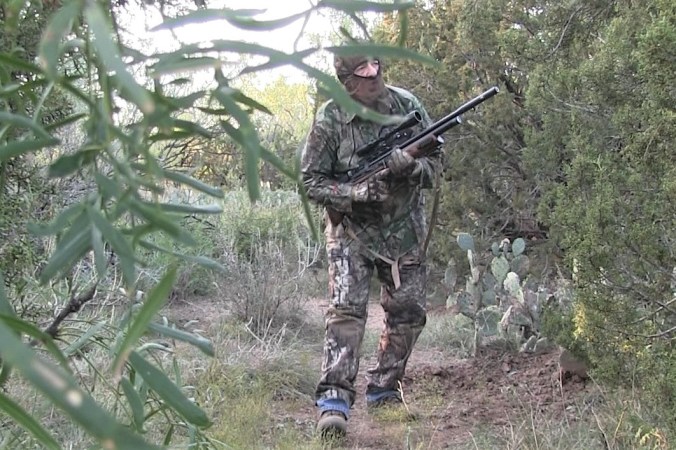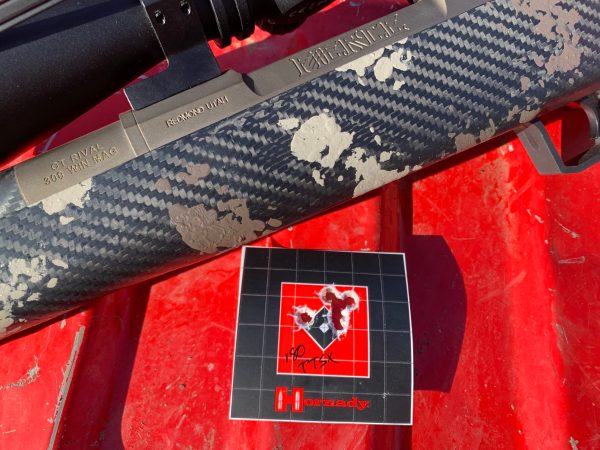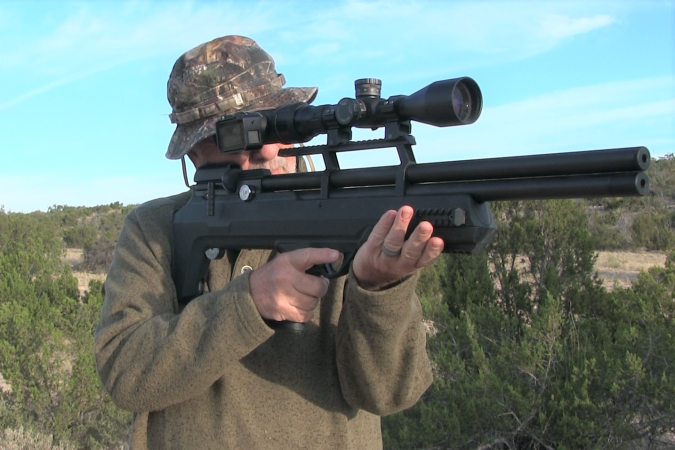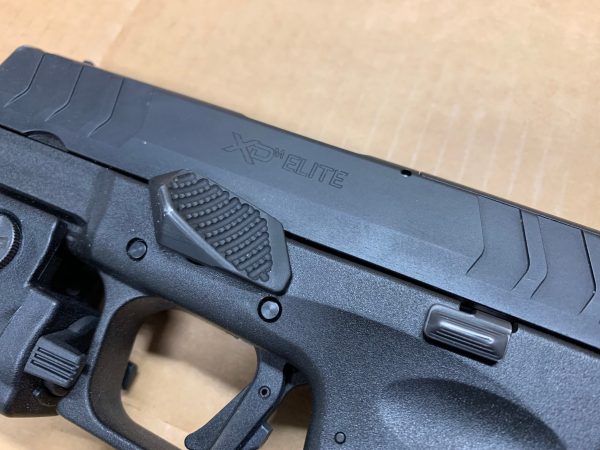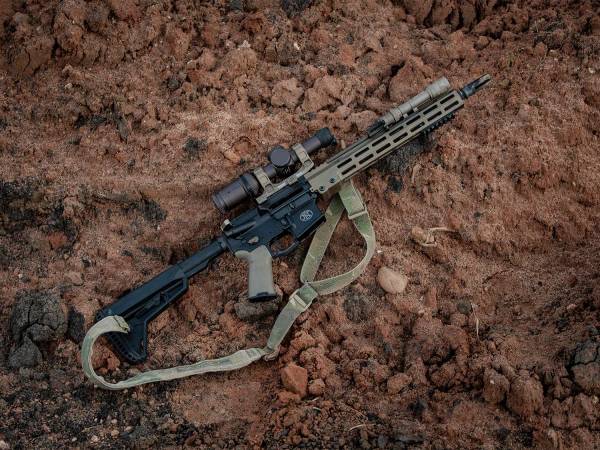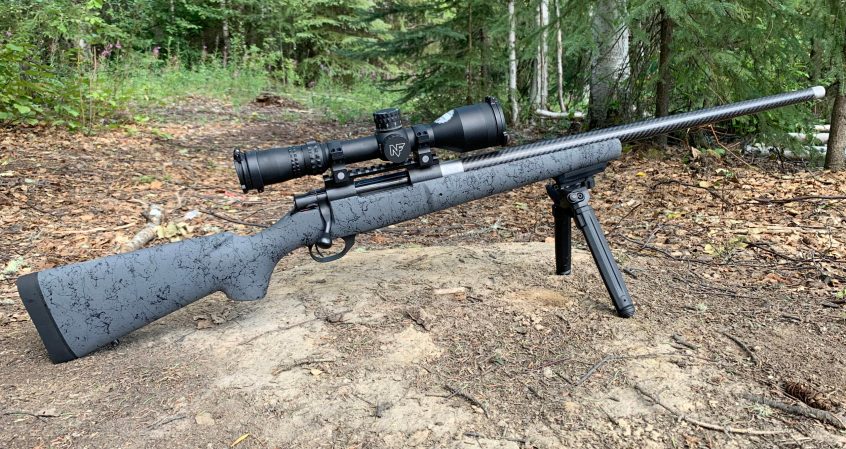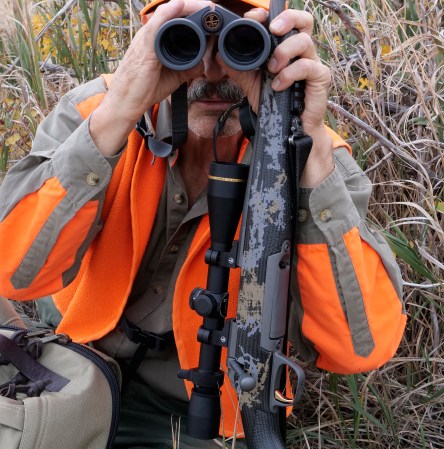We may earn revenue from the products available on this page and participate in affiliate programs. Learn More ›
At the latest count, 39 states allow civilians to own suppressors. If you live in one of these silencer-friendly states and haven’t purchased a suppressor, you need to put one on your Christmas list.
The advantages of suppressors are numerous. They not only protect your hearing but make shooting with a group of people much safer and improve marksmanship by reducing flinching.
I’ve been shooting at Gunsite this last week during the Shooting Slam and had a perfect object lesson demonstrating the value of suppressors the other day. We’ve been shooting the Rock River Arms LAR-15 ATH Carbine, which has a very effective, but loud, muzzle break on it. Naturally, we were all wearing good hearing protection, which is more than adequate most of the time, but during the third day of the event while practicing non-standard positions–a face-down prone used for shooting under vehicles–my ear muffs rolled off my head and left my ears ringing.
The incident was made worse by the fact that the muzzle of the gun was just a couple inches off the ground and the blast was channeled right back toward my head.
Even if the rifle had been equipped with a suppressor the noise level would have qualified as harmful–one of the many popular suppressor myths is that they “silence” the gun–but it would have been much less damaging to my ears.
I look forward to the day that suppressors are available over the counter and without the need for any special paperwork or the $200 tax stamp–as they are in many European countries–but we’re not there yet.
If you want to learn more about silencers, check out the American Silencer Association. Better yet, join.
